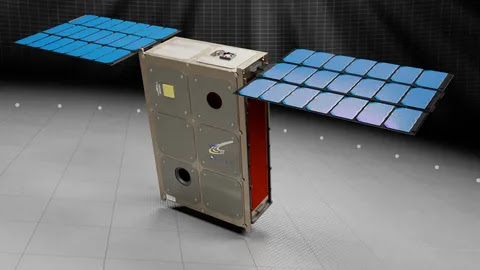Gap Tracker Market by Product Type By Components By Deployment By Tracking Devices, By Vertical Size, Share, Outlook, And Opportunity Analysis, 2022-2028
In order to pinpoint the precise location of the assets, GPS
tracking devices are utilized to monitor the movements of people and vehicles.
The tracking device stores this data, which is then sent to a central position
database utilizing an embedded satellite modem, radio, or cellular device.
The development of cloud and Internet of Things (Iota)
technology, made possible by the growing number of internet users around the
world, is one of the key reasons contributing to the market's expansion. For
instance, out of the 7.52 billion people living in the world, 3.88 billion were
believed to be Internet users in June 2017, according to Internet World Stats.
Additionally, a report by Coherent Market Insights found that the global Gap
Tracker Market for Internet of Things (IoT) linked devices climbed from
US$ 17.72 billion in 2016 to US$ 20.38 billion in 2017. The ability to install
a GPS tracking device in any area, including an office, a house, and many
others, is made possible by the integration of IoT and cloud technologies,
which further strengthens the protection of physical assets placed in
residential and commercial settings. Business. With the capacity to monitor
people, animals, automobiles, and other objects in real time, this gadget
enhances communication between devices and users while also delivering high
levels of accuracy, precision, and dependability. Additionally, GPS tracking
aids in the efficient and prompt operation of businesses, which in turn helps
them maintain client satisfaction through precise timekeeping and scheduling.
Consequently, this factor is anticipated to fuel growth of the GPS tracker
market over the forecast period (2018-2026). However, since GPS trackers
occasionally malfunction in adverse weather conditions like heavy rain,
snowfall, and others, this factor is anticipated to restrain the market's
expansion (2018 - 2026).
In Western Europe, new uses for GPS trackers are emerging.
The new idea of incorporating GPS tracking into laser-aimed darts was
successful after being put to the test. Such application areas need to be made
public in order to continue their effective development. For instance, in June
2017, a truck was tracked by the police in Waterloo, Belgium, using GPS
trackers. The cops believed that using laser-aimed darts was a safer option
than chasing. The first use of this novel technology was made.
The use of GPS tracking in the aviation sector is still in
its early stages. This application's main flaw is the delay in the supply of
accurate information, which is crucial in places like Eastern Europe where
pilots must work in areas with erratic connections. This is encouraging a
number of businesses to introduce high-quality GPS trackers that might be
useful in the aviation industry. A Russian helicopter operator named
UTair-Helicopter services started GPS fleet-wide tracking in February 2017. By
tracking aircraft movements, these trackers contribute to increasing the safety
of the aircraft.
.webp)



Comments
Post a Comment